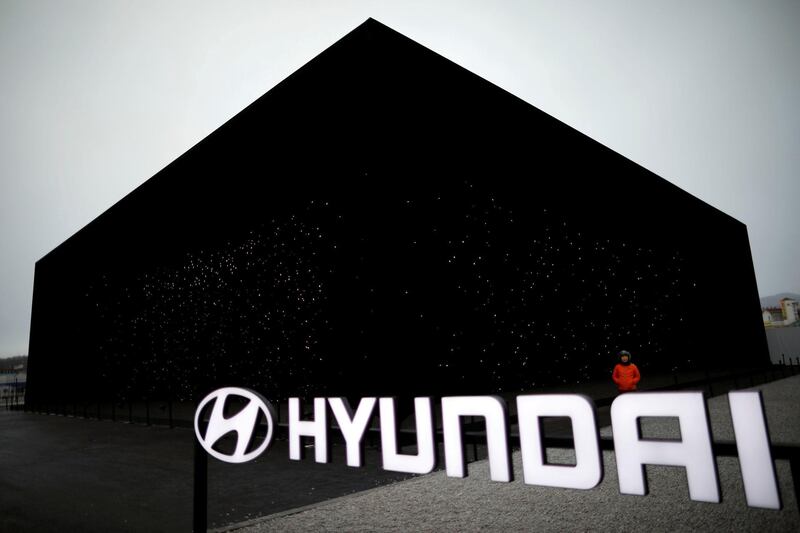Hyundai Motor warned it may rethink how many vehicles it builds in the US, joining the world’s largest automakers in speaking out against President Donald Trump’s crackdown on steel and aluminium imports.
“Changes to the existing tariff structure could negatively impact our current US production and further expansion,” Jim Trainor, a Hyundai spokesman, said in an email. “Imposing tariffs on steel could increase production costs, which could lead to higher prices for US consumers, and, potentially, decreased demand.”
Trump said March 1 that the US plans to order tariffs of 25 per cent on imported steel and 10 per cent on aluminium, with a formal order to be signed next week.
_____________
Read more
[ Donald Trump announces steep steel and aluminium tariffs ]
Rush of China solar panels to US ahead of tariffs
China says it may hit back at proposed US tariffs on imported steel, aluminium
_____________
Hyundai’s comments go a step further than Toyota Motor and Ford Motor, which have cautioned that the tariffs would make vehicles costlier while stopping short of saying the levies could impact production plans.
The South Korean automaker builds Hyundai Sonata and Elantra sedans and Santa Fe Sport crossovers at a plant in Alabama. Its affiliate Kia Motors Corp. assembles Sorento sport utility vehicles and Optima sedans in Georgia.
Honda Motor on Saturday called the administration’s move “imprudent.”
The tariffs imposition would raise prices on both domestic and imported products, causing an unnecessary financial burden on its customers, Teruhiko Tatebe, a Honda spokesman, said by phone. The automaker sources its steel and aluminum extensively from US suppliers, he said.
Toyota, which plans to build a new $1.6 billion factory in Alabama with Mazda Motor, said the administration’s decision will “adversely impact” auto companies by increasing costs and prices of cars and trucks sold in the US. That’s even as more than 90 per cent of the steel that Asia’s largest carmaker needs in the U.S. is from the country.
Trade groups representing automakers including General Motors and Toyota, plus parts suppliers like Robert Bosch, had tried to warn the Trump administration of unintended consequences before the president’s announcement on the tariffs.






